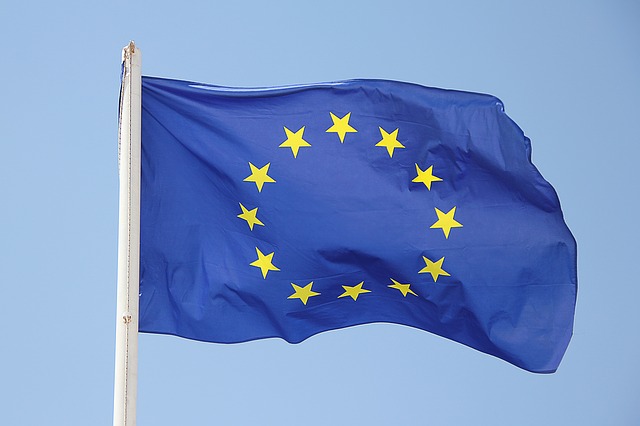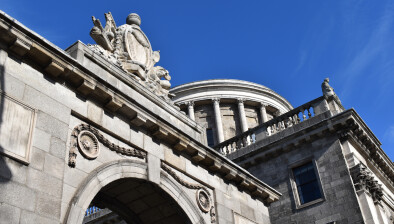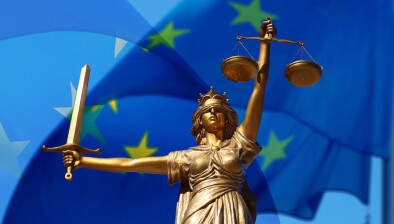European Parliament approves controversial copyright reform

The European Parliament has voted to approve a controversial new copyright directive which critics say will limit freedom of expression online.
MEPs adopted the directive in plenary by 348 votes in favour, 274 against and 36 abstentions, marking the end of a legislative process that began three years ago.
Member states will now be asked to approve the European Parliament’s decision. If they accept the text, it will be published in the official journal and member states will have two years to implement it.
The new directive is aimed at protecting copyright online, with major implications for services like YouTube, Facebook and Google.
Rapporteur Axel Voss said: “This directive is an important step towards correcting a situation which has allowed a few companies to earn huge sums of money without properly remunerating the thousands of creatives and journalists whose work they depend on.”
However, the new rules have come under severe criticism from technology companies and digital rights activists, who say it will undermine freedom of expression.
The most controversial elements of the directive are articles 13 and 11, which critics have dubbed “copyright filters” and the “link tax”.
Under article 13, the Electronic Frontier Foundation (EFF) has said all but the smallest web platforms would have to adopt “defensive” copyright filters to scrutinise all user-uploaded content.
The EFF has said such filters “primarily stop legitimate users (including creators) from doing legitimate things, while actual infringers find them relatively easy to get around”.
It has also criticised the lack of an exemption for using excerpts of copyrighted work for the purposes of criticism, review, illustration, caricature, parody or pastiche.
Article 11 would allow press publications to “obtain fair and proportionate remuneration” for the short snippets of articles used by search engines and news aggregators like Google News.









